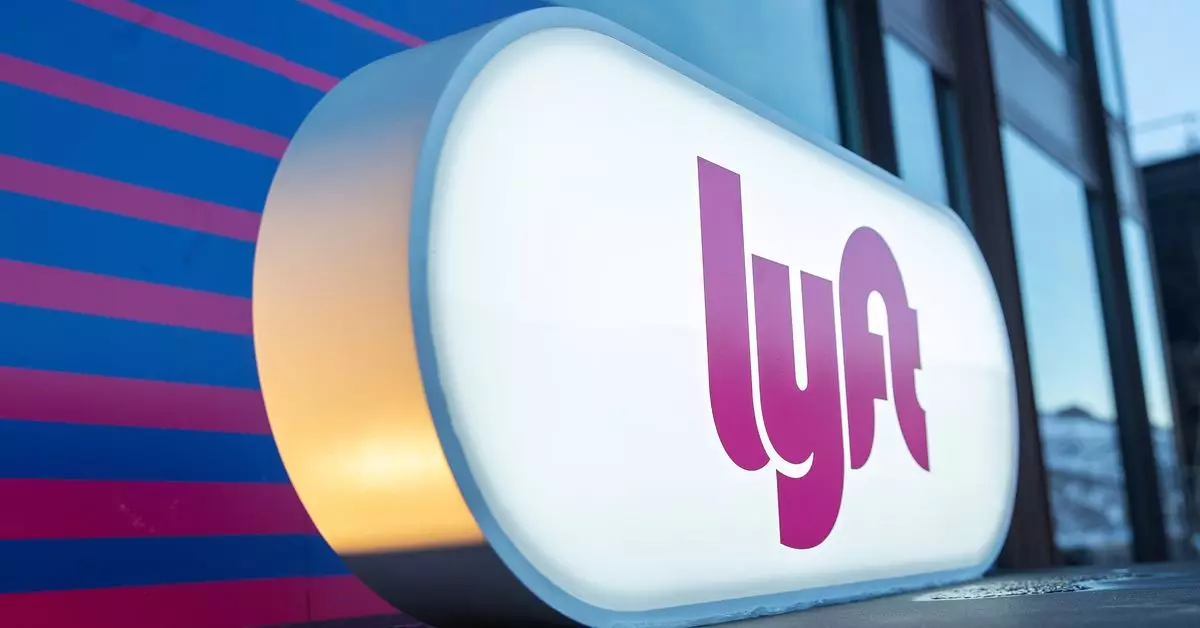In a significant move to uphold fair business practices within the gig economy, the Federal Trade Commission (FTC) recently announced that rideshare giant Lyft will pay $2.1 million to settle concerns regarding deceptive advertising practices related to driver pay. This settlement sheds light on the broader issues of transparency and fairness that ride-hailing companies face, especially as they navigate an evolving regulatory landscape.
The FTC’s findings reveal that Lyft’s advertisements frequently featured inflated earnings figures, often presenting hourly pay rates that did not accurately reflect the reality for most drivers. For instance, Lyft promoted the potential to earn “up to $33” per hour in Atlanta, but this number was not an average; rather, it stemmed from the earnings of the top 20 percent of its drivers. This practice raises critical ethical questions regarding the responsibilities of companies to provide honest and reflective data about potential earnings. Misrepresenting earnings by as much as 30% not only misleads current and prospective drivers but also instills false expectations that can lead to disillusionment and distrust among the driving workforce.
Moreover, the inclusion of tips in these advertised figures exacerbates the problem. Tips are inherently variable and rely heavily on customer satisfaction and individual driver performance, thus they should not be included in claims of base earnings. By incorporating tips into their hourly pay claims, Lyft was able to inflate their figures significantly, further obscuring the true earning potential of the average driver.
In addition to misleading hourly wages, the FTC highlighted Lyft’s flawed promotional strategy regarding earnings guarantees. One such example included a promise of $975 for completing 45 rides over a weekend. While this may sound appealing on the surface, it was a conditional minimum pay guarantee rather than a bonus incentive on top of regular earnings. This nuance was evidently lost on many drivers, reflecting a lack of clarity that can lead to substantial misunderstanding. As a result, the FTC mandated Lyft to clarify these conditional guarantees to ensure drivers are not misled about their potential earnings.
This situation demonstrates a broader pattern of communication issues within the gig economy, where companies often prioritize hyperbolic growth narratives over transparent and ethical business practices. Clear and honest communication is paramount, especially when workers’ livelihoods depend on their understanding of potential earnings.
The FTC’s actions against Lyft come as part of a broader initiative targeting gig work companies for practices deemed “unfair, deceptive, anticompetitive, and otherwise unlawful.” This initiative underscores a growing concern around the legislative environment for gig work, particularly as regulators push for increased accountability from these companies. As we have seen in states like Massachusetts and New York City, where laws mandate minimum wage standards for rideshare drivers, there is a clear push towards elevating workers’ rights and ensuring fair compensation across the board.
Lyft, like its main competitor Uber, has faced scrutiny not just from federal entities but also from state and local governments. This regulatory pressure forces these companies to rethink their operational frameworks and adapt to a landscape that increasingly favors worker protections.
In light of this settlement, Lyft has expressed its commitment to improving its communication practices regarding driver earnings. Although changes on paper are a step in the right direction, they must be coupled with genuine efforts to foster a transparent and ethical work environment for drivers. As technology continues to evolve, it is crucial that rideshare companies recognize their moral obligations to the workforce fueling their business model.
The gig economy has the potential to provide flexible work opportunities for millions, but only if it is built upon a foundation of honesty and fair compensation. The FTC’s intervention in Lyft’s advertising practices is an essential reminder of the need for stringent accountability measures that protect workers from misleading claims. As Lyft and similar companies navigate these challenges, they must prioritize integrity in their business practices to rebuild trust with their driver community. Failure to do so may result in further regulatory action and a growing sentiment against ridesharing platforms in an increasingly informed public.


Leave a Reply